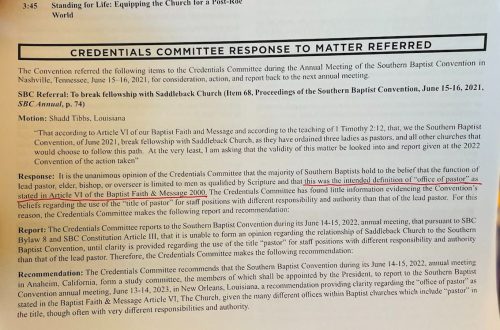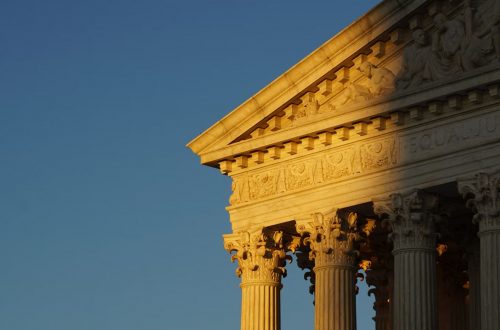At the recent Shepherd’s Conference , Pastor Mike Riccardi delivered an excellent address about the Trinity and EFS. It’s an accessible primer on the issue and gets to the theological heart of the debate. You can listen to the audio below or read his manuscript here. Highly recommended.
Riccardi’s remarkis are all good and helpful. Really clarifying. My one bit of feedback concerns the pactum salutis. Does Riccardi’s presentation leave room for there to be a pre-temporal eternal covenant between the Father and Son? There is a lot at stake in this question because The Baptist Confession of 1689 is even more explicit about the covenant of redemption than Westminister. It is a matter of confessional fidelity for over three and half centuries of Reformed Baptists. It reads,
It pleased God, in His eternal purpose, to choose and ordain the Lord Jesus, His only begotten Son, according to the covenant made between them both, to be the mediator between God and man; the prophet, priest, and king; head and savior of the church, the heir of all things, and judge of the world; unto whom He did from all eternity give a people to be His seed and to be by Him in time redeemed, called, justified, sanctified, and glorified.
Riccardi’s address reflects the renewal that has happened among evangelicals concerning ancient trinitarian orthodoxy. I would would be interested to know whether he believes that renewal is consistent with the pactum. J. V. Fesko and Scott Swain have argued that it is and have shown that the Reformed tradition developed the pactum as a trinitarian doctrine. Would Riccardi agree?
Theologians like Karl Barth and Robert Letham have rejected the pactum salutis, arguing that it entails tritheism. Riccardi’s presentation would seem to entail the same rejection because Riccardi denies that there can be any trinitarian economy before the incarnation. If I understand Riccardi correctly, there is no faithful way to speak of pre-incarnate submission (as Owen, Swain, Bavinck, and others do with respect to the pactum).
I’m not so much interested in establishing submission in the pactum (even though that is arguably a part of it). I’m more interested in hearing how there can be the kind of pretemporal relating that is necessary for a covenant. Will that fit into the perspective that Riccardi reflects?
Anyway, this is just one talk and would probably be beyond the scope of his assignment. So this is not a complaint about the talk. Nevertheless, I still think this topic deserves more attention from theologians writing and thinking about this issue.






